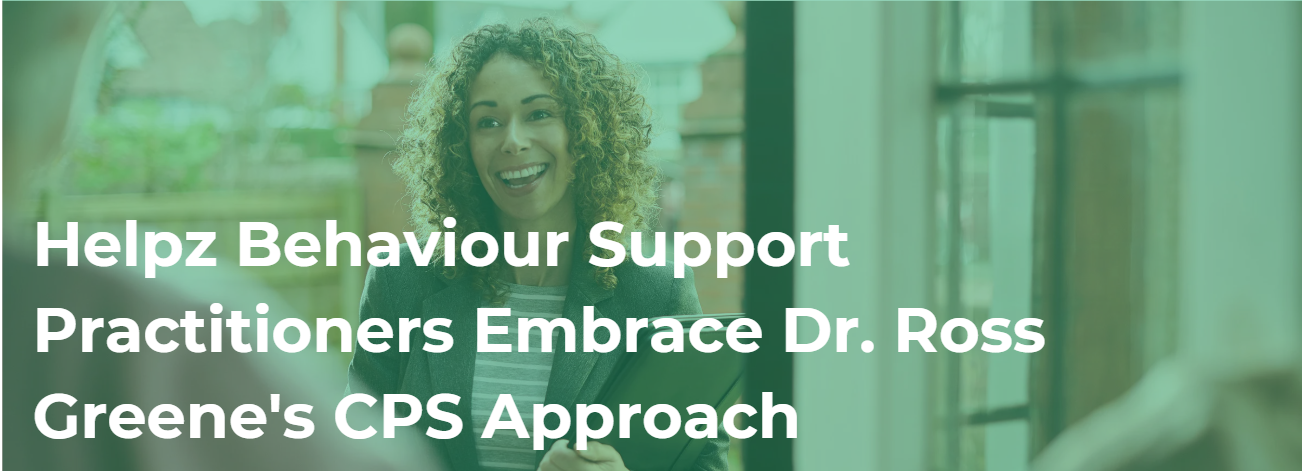End of Financial Year: A Time of Reflection and Opportunity in the Allied Health Industry

The end of the financial year (EOFY) is a significant time for businesses and individuals. For us in the Allied Health sector, it is an opportunity to reflect on the past year and think about the year ahead. The closing of one fiscal year and the beginning of another serves as a natural checkpoint, allowing individuals to pause and reflect on their professional growth, accomplishments, and areas for improvement.
And this is true also for professionals in the Allied health sector, the EOFY presents a prime opportunity for allied health professionals to engage in self-assessment and career evaluation, including their current role and compensation satisfaction. By taking stock of their careers at this juncture, Allied health professionals can help identify emerging trends in areas of demand within the healthcare landscape, evaluate their current employer, compensation and work-life balance and determine what they need to succeed and feel fulfilled and ensure they continue to deliver excellent patient care.
In this BLOG we explore what the EOFY period means in our sector and provide insights and tips for Allied Health Professionals during their self-reflection.
EOFY a significant period in the Allied Health sector
The EOFY is a natural point of pause for those working in the Allied Health Industry to self-assess and evaluate their career. It makes sense to take stock of factors such as career development progress, current salary and company culture before the new financial year begins.
It's no surprise that data shows a higher turnover of employees working in all sectors during this time, and this is also true in our sectors, as clinicians move to different employers to better meet their needs. We can infer from this data that employees are considering potential employer changes during this time, something employers within the Allied Health sector need to be aware of if they are to retain staff and continue to offer high-quality and consistent care to their patients.
Reflection and Self-Assessment for Allied Health Professionals
Reflection and self-assessment are crucial aspects of professional development. Evaluating how well clinicians have met their professional goals is incredibly helpful in determining the next development and career progression steps. It not only provides individuals with a sense of achievement but can also help identify how their employers could offer additional support, as well as highlight new goals they may wish to work towards in the future.
With EOFY being a natural and logical time to complete these kinds of reviews, it's well worth employers in the Allied Health Industry encouraging their workers to review their progress. Focusing on and recognising achievements, as well as key career milestones such as work anniversaries, can help foster a culture of positivity and boost confidence and morale. Similarly, self-identifying areas in which employees could improve can help professionals come up with targets on how to improve, which can help improve focus, engagement, and satisfaction as these targets are achieved.
EOFY is also a good time for Allied Health workers to consider their own personal satisfaction level with the role they are currently in. Clinicians may like to consider how well their role and employer align with their values, whether they feel part of an effective team, and even whether the environment in which they work is conducive to their overall well-being and happiness.
The critical advantage of reviewing their current career situation at the EOFY is that it allows clinicians to set goals and targets for the upcoming year. Such targets may include accessing specific professional development courses, working on particular projects or skills, and even considering working for a new employer within the sector.
Considering a change of employer?
Change of employer may become a very real possibility for clinicians in the sector during this period. Let's take a look at what things to look for and take into decision-making when thinking about a change in employer.
Work culture and values alignment
It is important to note that whilst increased compensation and responsibility are always attractive when looking for a new position, the value and culture of the workplace you are considering moving to also matter. Suppose your values are not aligned with those of your new employer, you can often find yourself working in an environment that is, at best unsatisfying and mentally and emotionally draining.
When company values match your own, your work will give you a feeling of personal accomplishment and achieve purpose-driven work. The benefits of this flow into all areas of your life. In Talenza's 2022 Candidate Motivation Report, 46% of Senior Leaders said that a miss match between the organisation's values and their own contributed to them to looking for a new role. It is important to first understand your own values and then look for employers who share those values.
Compensation and benefits
Compensation is more than just the annual salary on offer, be sure to look beyond the package being offered and ask about additional benefits on offer, such as flexible working conditions, paid leave options, and childcare, all of which can all positively impact your work-life balance and overall job satisfaction.
Career progression and opportunities
A very important part in considering a new employer is considering development pathways and ensuring the career progression they can offer aligns with your own career goals. Look for Allied Health employers that promote internally and offer high-quality training and education for those who work for them.
Flexibility and work-life balance
Be sure to find one that offers a holistic approach to caring for their employees, whether at home, work or play. An employer who values who you are outside of work and allows for true work-life balance is an employer you will feel comfortable bringing your authentic self to work. Look for Allied Health Industry employers offering mental health support, financial well-being support, and flexibility that aligns with your needs.
Final thoughts
The EOFY is a time of both reflection and opportunity in the Allied Health sector. Professionals within the industry must review their goals, achievements, and weaknesses during this time to help them be more satisfied, engaged and effective in their roles.
Self-review during this time may also see Clinicians consider changing their employers to one that better aligns with their values on culture, compensation, career progression, and work-life balance.
News & Insights
Check Our Latest Resources







